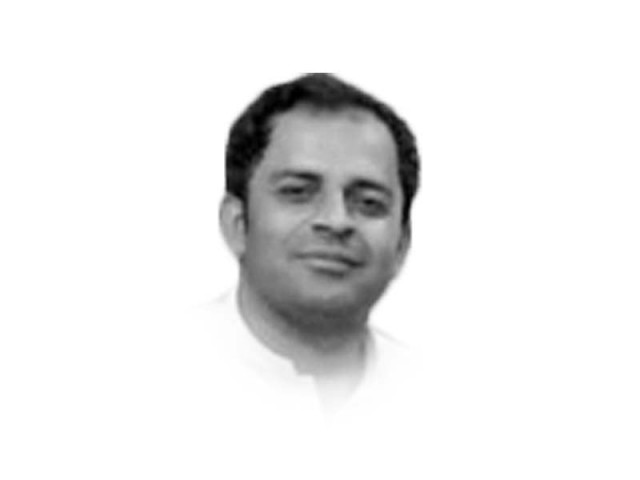Fatalism, determinism and free will
Throughout recorded history, humankind has claimed to possess unparalleled cognitive potential

Throughout recorded history, humankind has claimed to possess unparalleled cognitive potential. This potential is the cause and manifestation of the human quest to understand life and all the forces affecting it. To this end, humans have pondered whether their lives are self-driven projects under conscious human control, guided by the structural forces of society, or influenced by unknown, imperceptible variables. Or is it somewhere among these? This curiosity in social journeys spanning millennia has led to various suppositions.
These suppositions, much like theories in modern academic disciplines, result from humans acknowledging that our beliefs aid in understanding how our world operates. However, our beliefs don’t impose conformity on the world; instead, they offer a conceptual framework upon which our realities rest and operate. The three dominant beliefs — fatalism, determinism and free will — have long been reflected upon and debated by philosophers, academics and laypeople.
Fatalism is the perspective that all events, including personal choices and actions, are predestined and inevitable. It is accompanied by a sense of resignation or acceptance in the face of destiny, implying that while fatalism doesn’t outright reject free will, it asserts that the ultimate outcome is beyond individual control. Determinism asserts that human decisions, actions and events are influenced by past events as a result of social constructivism. That is, they have pre-existing causes in the preceding events. Since the course of events is preordained and shaped by forgoing conditions, determinism views free will as an illusion.
The concept of free will affirms an individual’s unrestricted freedom in shaping life’s course, indicating that choices and decisions operate independently of external, anonymous or pre-existing conditions. This enables a sense of personal autonomy and responsibility for shaping one’s own life.
What is the genesis of each, and to what extent has each of these beliefs been practised by societies throughout history? The earliest humans strongly believed in fatalism due to the fact that they had a little understanding of their cognitive and behavioural interplay and the natural phenomena happening around them. Many supposed forces based on theology, mythology, custom and superstition were allowed to dictate the course of their lives. Though there had been free will in its nascency, the needs for survival and sustenance have constrained them from exerting it that much. This passivity has long made humans flow at the mercy of circumstances in defining and directing life.
Determinism asserts that past events steer the present, yet the origin of these events remains unanswered. The unfolding of new conditions challenges the notion that succeeding events are solely determined by preceding ones, allowing for the emergence of radical thoughts and events across history. With the dawn of civilisations, fatalistic narratives began to weaken and humans began to hold influence in operating the structural and functional norms of society through informed decisions. This narrowed down the scope of long-held fatalistic narratives that shaped human life for most of history. Free will, like the other two, is, to a large extent, shrouded in mystery because of its enigmatic and inconsistent nature. Though its advocates might be relatively larger in number, free will in practice works well for some and not for others. So is the case with determinism and fatalism.
Let’s suppose two students, A and B, were born into poor and rich families, respectively. We may label the latter as fortunate and the former as otherwise. But what determines the differential status of their parents? Is it solely fate, determinism or free will that results in one’s parents being wealthy and other’s being poor? Or is it a blend of all three in varying proportions? The relative role, connection and intersection among these factors are unclear. Therefore, the question of when and which forces influence the course of an individual’s life and to what extent remains enigmatic and, hence, yet to be resolved.
Published in The Express Tribune, January 21th, 2024.
Like Opinion & Editorial on Facebook, follow @ETOpEd on Twitter to receive all updates on all our daily pieces.















COMMENTS
Comments are moderated and generally will be posted if they are on-topic and not abusive.
For more information, please see our Comments FAQ